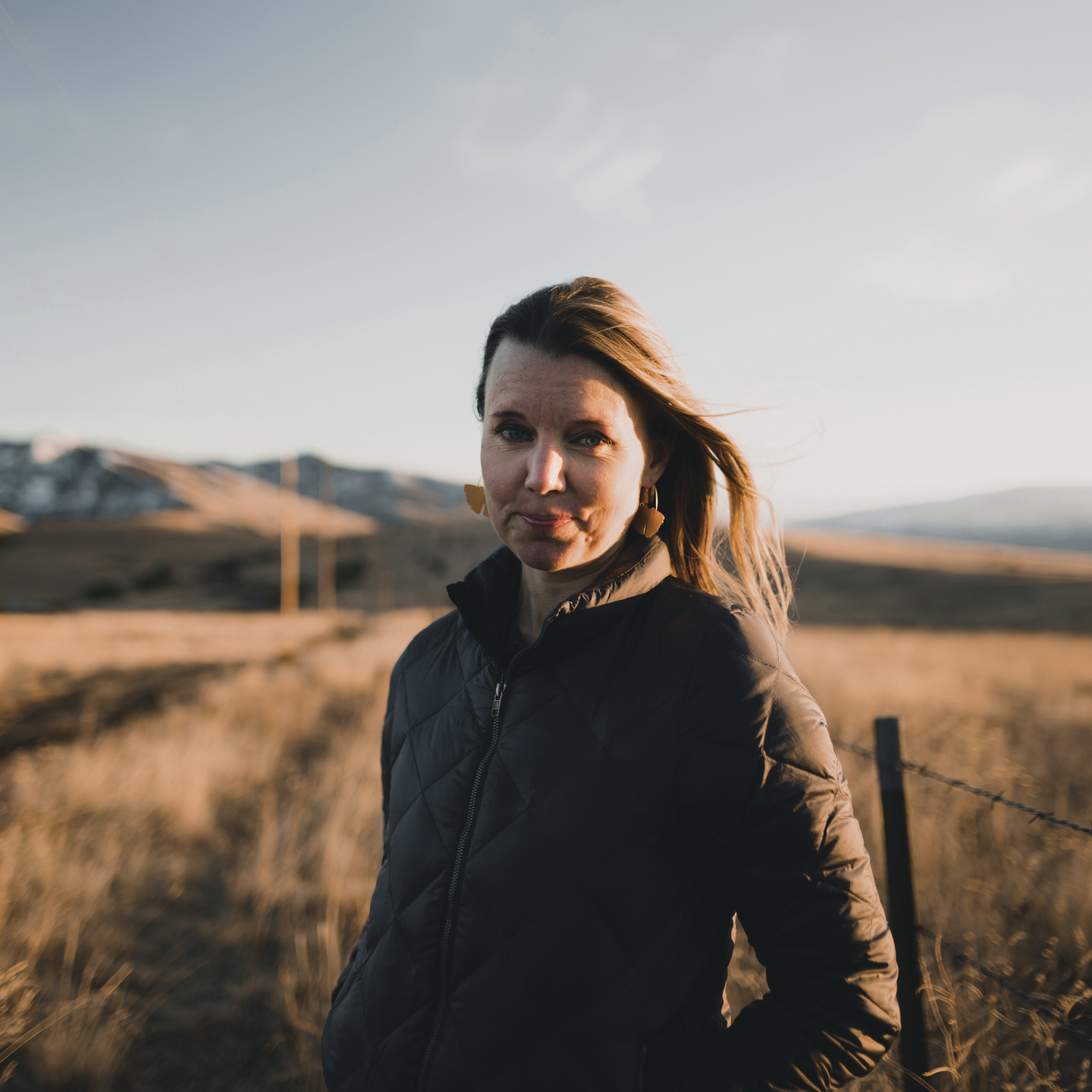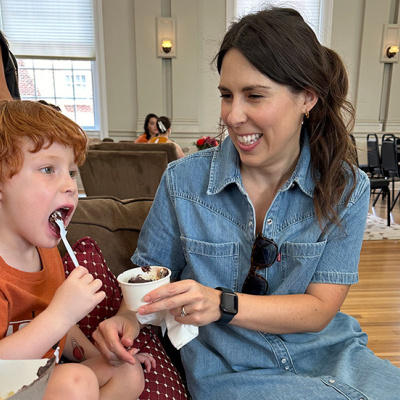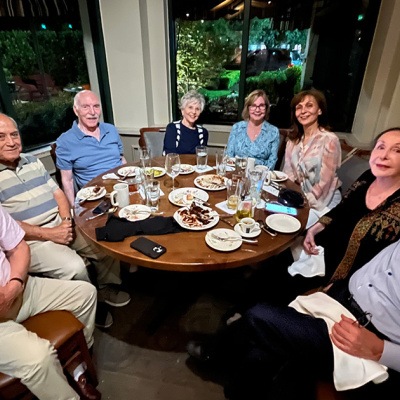Alumna’s New Book on Burnout Argues Millennials Are Exhausted—and a Beach Vacation Won’t Fix It

There’s a chance we’ll all soon be burned out from talking about burnout, defined as physical or mental collapse due to overwork, reaching the point of exhaustion. In Anne Helen Petersen’s new book Can’t Even: How Millennials Became the Burnout Generation, she introduces burnout as “pushing yourself to keep going, whether for days or weeks or years.”
Petersen, PhD ’11, the former BuzzFeed culture writer, is newly self-employed. She’s been busy launching Culture Study, her own email newsletter, growing a sizable audience that allows her to make a living from paid subscribers. Currently, she’s trying to stay sane while managing a schedule packed with Zoom events, virtual panels, and guest appearances at book festivals, on podcasts, and Good Morning America to promote her new book, born of her viral 2019 essay on the topic. The article explained how and why her generation is worn down by debt, economic insecurity, and the pressure to be working 24/7.
Petersen was inspired by the her own burnout. The ensuing response was so seismic that she decided to expand the scope of her research. In her book, Peterson argues that while millennials are not the only group afflicted by burnout and class anxiety, they are uniquely beleaguered, as the first generation to earn less than their parents. It is a pushback on the stereotype that millennials—people born between the years of 1981 and 1996, roughly—are entitled, lazy, and in need of participation trophies.
The Alcalde spoke with Petersen about why burnout is not an individual, but a systemic problem, one that requires large scale solutions.

What surprised you during your research?
I didn’t have much cultural economic understanding of what happened with boomers. I didn’t completely realize that similar to millennials, boomers graduated into a series of recessions that changed their ability to obtain, or—if their family had reached the middle class—to sustain middle-class stability. It created a bit more empathy, for lack of a better word. And the other surprising thing was how angry millennial moms are. There was just endless anger about how difficult it is to be a mom right now. Our society is not built for moms, and our expectations of moms are so expansive and impossible to fulfill.
Can therapy help with burnout?
Going to therapy is never going to fix it; there has to be other systemic change. It is palliative and it is incredibly useful, but it is also at this point very difficult for people who don’t live in urban situations to come by. And even if you do live in an urban situation, it is so incredibly, prohibitively expensive. And the therapy profession is still so white and straight that it is incredibly difficult for people who aren’t white and straight to find therapists who they feel comfortable with.
Do you feel hopeful for the future?
No, I don’t. I am an optimist, that is just my inclination in life. But this is why I’m so bullish on saying that it doesn’t have to be like this. Because I think that right now we are on a path toward killing our planet and society and civilization as we know it. So I think that we have to demand change now.
Is there anything you think people are missing in the conversation around your book and burnout?
I’ve just been thinking a lot about how when I learned to work the way that I did—in grad school at the University of Oregon, and then at Texas—and I don’t think that it was ever my department’s fault. But it was always like, I just wish that there were some things in place that would make this less of a difficult experience on the psychological level for all graduate students. I just cannot imagine what it’d be like to be a grad student right now.
You titled the conclusion “Burn It Down.” What does that mean?
It means regime change, first and foremost. In American politics, we are into small, incremental changes. And I think there might be a moment for bigger changes. The term I keep using is a “plastic hour”—a time where great change is possible, but the hour is fleeting. I think people are so frustrated with every broken corner of society right now that there could be sweeping and substantive changes. What is a huge change we can make in the way we think about climate change, a change in how we support parents? So something like not only universal Pre-K, but also thinking about universal childcare? Not only mandatory maternity leave, but also mandatory paternity leave? We need to be thinking about these big, sweeping changes that are not impossible.
Despite these being systemic, not individual problems, what can people do until those sweeping changes occur?
The best way to alleviate burnout is with other people. And generally, being with other people in a meaningful way is something that is useful for me. When I spend devoted time with one of my friends’ kids, who is in my pod—I played with Play-Doh for an hour last week—this is a burnout cure. I wasn’t doing it for Instagram. I was just being radically present. There are so many small things people can do in their own lives, but again, I think that sometimes, especially as Americans, we use our fear that this sort of change is not going to happen as an excuse to not ask for it. We often get into complacency and apathy instead of coming together with our anger and saying, “I don’t want it to be this way anymore.”
This interview has been edited and condensed.






